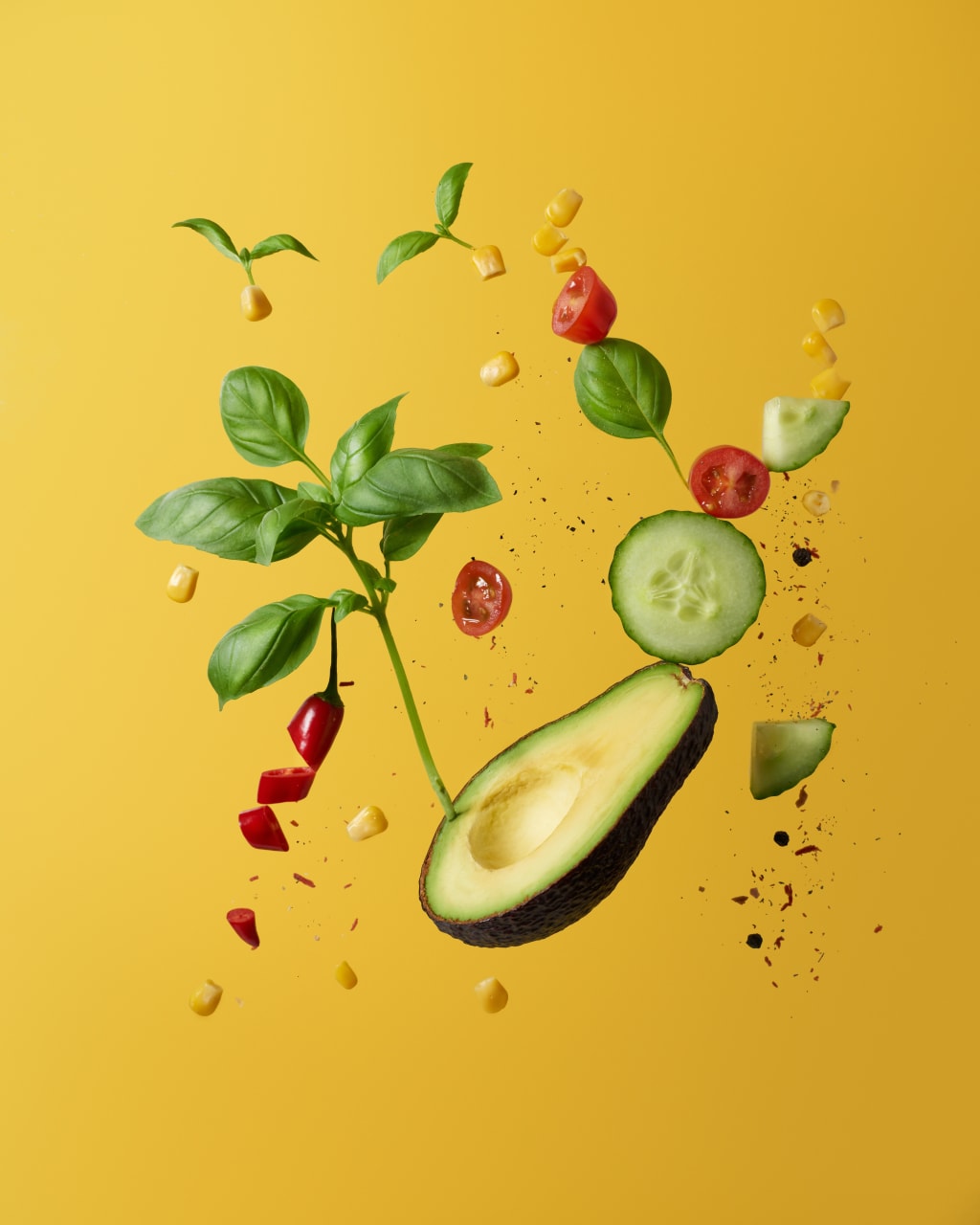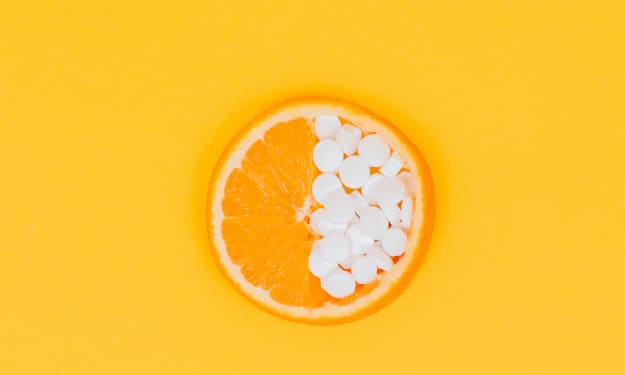Why do Japanese people generally live long and healthy life?
In addition to dietary habits, these 3 aspects are also worth learning

If you often watch Japanese documentaries or movies, you may often see this scene: a pair of 80 or 90-year-old grandfather and grandmother in their yard or roadside unhurried walk, chat, leisurely and serious, very comfortable. When it comes to Japan, the first impression of many people is longevity. According to WHO statistics, the Japanese, the world's longest-lived country, has an average life expectancy of 84.2 years. By gender, Japanese women have a per capita life expectancy of 86 years, ranking first in the world, while men have a per capita life expectancy of 79 years, ranking third in the world. Many scientists are looking for the secret to Japanese longevity, and in the opinion of Pharmacist Wang, the reasons for Japanese longevity care about these aspects.
First, the unique dietary habits of the Japanese
The reason for the longevity of the Japanese and their dietary habits are inseparable, the Japanese diet mainly has the following characteristics.
① Light and less oil, keep the original taste
Lightness and less oil are one of the main features of a typical Japanese diet. In Japan, the most common food is Japanese cuisine, and Japanese cuisine hardly uses oil, and even if it does, it is vegetable oil, such as canola oil, pile oil, soybean oil, and so on. Japanese people cook mostly boiled, steamed, grilled, and raw food, trying to maintain the inherent flavor and characteristics of raw materials, these practices determine the Japanese diet is necessarily characterized by less oil, freshness, and lightness.
②Variety, less quantity, and high quality
Japanese people are interested in a variety of food, including main dishes, side dishes, fruits, and desserts, and the quantity is small and the quality is high. Every time Japanese people eat, there are a lot of large and small plates on the table, fruits, and vegetables, colorful, although the amount of each kind is not a lot, the variety is complete, not only delicious but also beautiful, very concerned about this kind of meal ceremony.
③Fish and vegetables are the main ingredients
Japan is a nation of fish-eaters, and the ingredients of Japanese cuisine are mainly seafood and fresh vegetables, supplemented by meat. The meat is mainly beef, followed by chicken, and pork is used less, and the total amount of fish eaten is significantly higher than that of other countries. Fish has a high content of unsaturated fatty acids, and beef has a high protein content, which is good for the body.
Second, the Japanese clean living habits
Japanese people like to take a bath every day and often take hot springs, thus keeping their bodies clean and greatly preventing infectious diseases. In total, there are more than 2,600 hot springs and 75,000 hot spring inns throughout Japan. According to statistics, hundreds of millions of times a year, almost as many times as the total population of Japan, use hot springs in Japan. Soaking in a hot spring relaxes muscles and joints to eliminate fatigue. A hot spring bath can not only activate the muscles and bones, reduce aches and pains, but also dilate blood vessels, promote blood circulation and accelerate metabolism, which has a certain effect on disease prevention.
Third, the Japanese love sports
Japanese people are known to like sports, especially cycling and brisk walking, walking on the road in Japan, you can see everywhere is cycling, brisk walking to work. Although Japan is a small country with a lot of traffic, there are bicycle paths and walking spaces in both cities and villages. At the same time, Japan has advanced and sound sports facilities, many of which are open to the public free of charge, and attach great importance to sports science exercises.
Fourth, Japan has a good environment and advanced medical conditions
The Japanese people have taken environmental protection to the extreme. The Japanese government does not allow companies to pollute the public environment, and the forest vegetation is not allowed to be cut down and destroyed at will, so the control is very strict. There is no bare land in Japan, and green grass is everywhere, and the greening rate of the country is over 80%. In Japan, on a clear day, you can see the blue sky. Japanese people have the habit of sitting on the ground or putting their bags anywhere, so the ground in Japan is also relatively clean, and people who have lived in Japan have said that even if they roll on the ground, it will be spotless.
Japan also has advanced medical conditions. According to the latest World Health Organization (WHO) World Health Report, Japan is the best country in the world in terms of overall national medical standards, difficulty in receiving medical services, and fairness in the burden of medical costs. Advanced medical conditions can extend the lives of patients to a certain extent, which is one of the important reasons for the longevity of the Japanese people.
Although our geographical location, human conditions, and food habits are different from those of Japan, and many measures and habits are vastly different, if you study the Japanese "way of longevity" carefully, you will find that there are still many things we can learn from it to improve the quality of life of the residents.






Comments
There are no comments for this story
Be the first to respond and start the conversation.